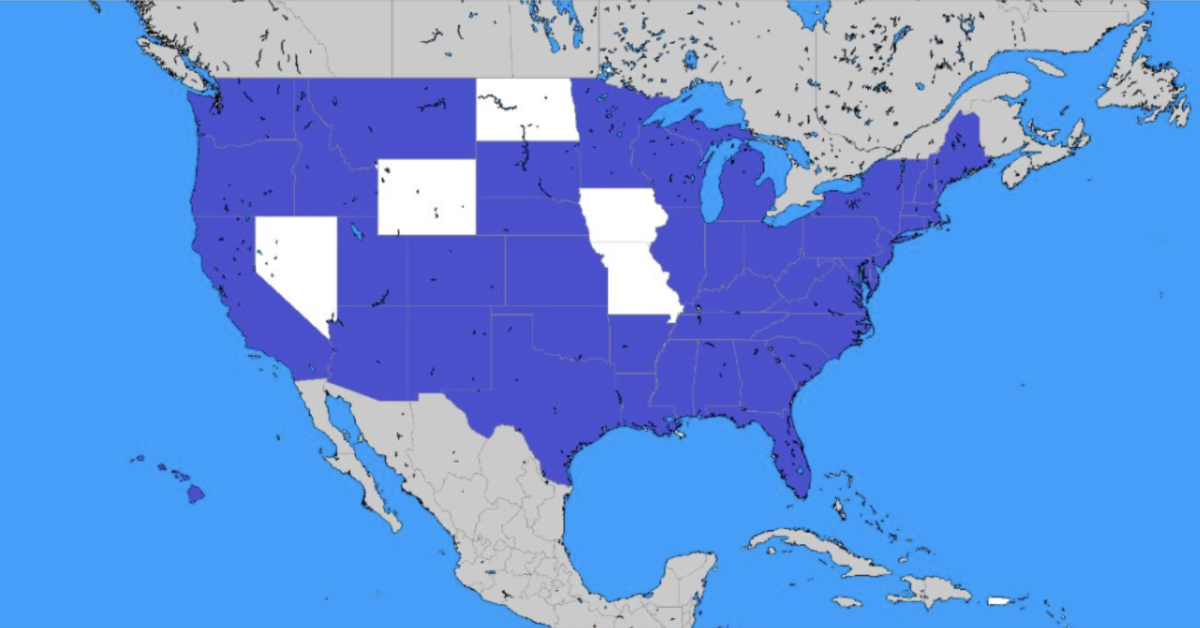The two frontrunners of the 2024 election are 2016 president Donald J. Trump, and incumbent Joseph R. Biden Jr.
However, a plethora of candidates in each of their respective parties, Democrat and Republican, are actively campaigning to replace both. With that, the grand old question of how we elect our nominees lifts its ugly head once more.
The process begins when all 50 states hold nominating conventions every four years.
In these conventions, nominees in each party attempt to win as many of the state’s delegates as possible, similar to electors in the electoral college, with each state’s delegate count proportional to their population.
This primary is not to be confused with the primary some states adopt over the caucus, which seems to be the worst possible naming decision in all of American government.
Primaries also include two subsections, closed and open primaries. In a closed primary, only citizens specifically registered for the party are allowed to vote, while open primaries allow access to labeled independents and even members of opposite parties. Closed primaries are the needed evil in these elections.
It is without question that most other party members would simply vote for the worst possible candidate imaginable, or the candidate that is least likely to cause the most harm to their ideals.
Founding father James Madison said, “If Men were angels, no government would be necessary. If angels were to govern men, neither external nor internal controls on government would be necessary.”
What the primaries should be is an opportunity for people to vote for whoever best represents their platform to present to the public. It is infinitely better than the likes of the caucus.
The caucus is an ancient relic, of the most egregious kind, where the few small groups attempt to quell the participation of the majority to the core.
Unlike primaries, where one simply checks a box, caucuses require full dedication to the cause, hosting speeches and banter across the state, as voters form blocs to support a candidate.
Not only does this waste valuable time, but discourages and limits participation to only the diehard party members, especially since voting can take up to 2-3 hours.
Caucuses are notorious for low voter turnout and continue to create a sense of voter apathy in America, which already is at an all time high.
At the most important caucus of the nomination process, the Iowa Caucus, a mere 16.1 percent of the eligible population took part in the 2020 election. And people claim that these nominations are supposed to represent the views of everyone in their party?
The only line of defense any caucus supporter could claim is that it represents the original framework of the constitution and of the founding fathers, who did not dare conceive of the notion of the common people participating in the government.
It is time to realize that they, along with their ideas, are long gone. America should continue to evolve as a nation and as a people, and not confine ourselves to the past and its ideals.
As the writer of the Declaration of Independence, Thomas Jefferson, said, “. . laws and institutions must go hand in hand with the progress of the human mind. As that becomes more developed, more enlightened, as new discoveries are made, new truths discovered and manners and opinions change, with the change of circumstances, institutions must advance also to keep pace with the times.”






